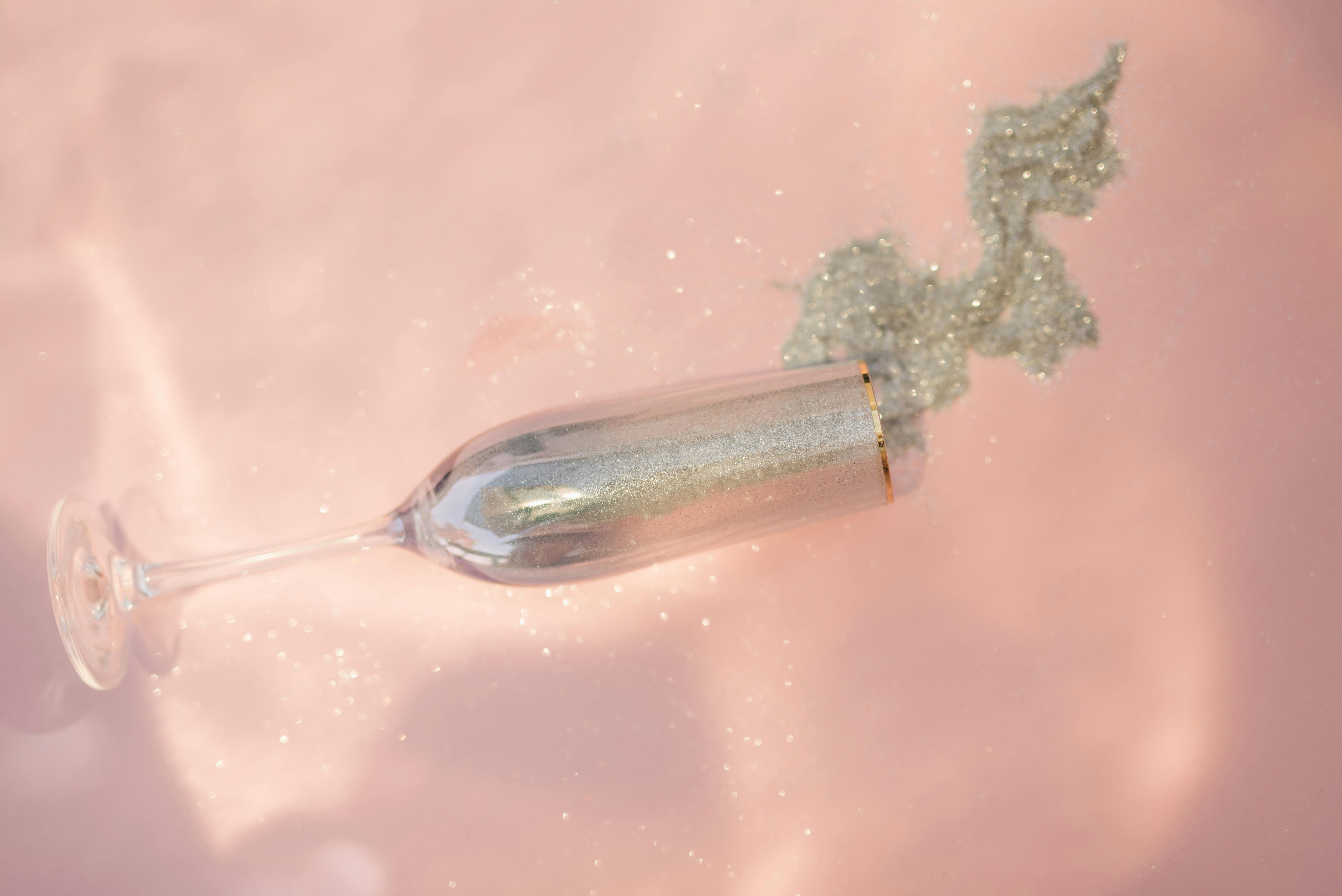
Knee problems associated with locking, grinding and popping
Lock, pop, grind and no, it’s not a dance move
Knee problems associated with locking, grinding, and popping
Since you’re not a firecracker or a soda can, you could be forgiven for thinking that popping in the knee is an indication that something is wrong. However, the truth is that clicking sounds occur naturally when movement occurs in the joints. A slight misalignment in the kneecap (patella) or movement of different ligaments along the joint can produce a clicking sound. However, if it is a case where this sound is accompanied by pain, then there is reason to worry. Grinding and locking are better indicators of a physiological disorder in the knee, but the pain factor is also very important in these cases.
popping
As stated above, unless accompanied by pain, a clicking sound is perfectly normal; however, if there is pain, it is often an indication that the anterior cruciate ligament (ACL) has been torn. The ACL may be torn in two parts or there may be a partial tear, the extent of the damage will determine the treatment implemented. If the ACL is torn, surgery followed by rehabilitation will be necessary; however, for partial tears, it is only necessary to stay away from physical activities for a while, as the injury will heal on its own. A clicking sound along with pain can also be an indication of another condition known as discoid lateral meniscus or “jumping knee syndrome.” This occurs when there is an abnormally shaped meniscus in the knee joint. This can usually be treated with conservative methods such as stretching, however if pain persists arthroscopic surgery may be required, although optional.
grinding
When cartilage degeneration occurs, the bones of the knee joint tend to grind against each other, causing immense pain and producing a grinding sound. This is usually caused by rheumatoid arthritis which rarely occurs in people under the age of 50. The degeneration caused by rheumatoid arthritis is irreversible. Patellar tendonitis (runner’s knee) can also cause cartilage degeneration and thus the pain and grinding sound. Runner’s knee is the most likely cause of creaking knees in young people, particularly athletes. Fortunately in this case the degeneration is reversible, as resting the knee and doing exercises that strengthen the quadriceps will return the knee to normal over time.
Closing
You may find yourself playing a game of basketball and suddenly can’t bend a leg, or you may be on your knees and then find you can’t straighten your leg to get up; when this happens he is experiencing a phenomenon known as blockage which can be quite painful. In general, there are two types of locks, pseudo-locks and true locks. The pseudo lock is a reaction to pain and works like an off switch where the knee locks into position when tension in the area becomes excessive. True locking is the result of physiological problems in the knee, causing the knee to become stiff, unable to bend or extend. True blockage usually occurs when torn cartilage or a bone fragment (as a result of a bone disorder known as osteochondritis dissecans) becomes stuck between the joint surfaces and restricts movement of the knee joint. When a muscle on the inside of the thigh becomes weak and brittle or the outer muscles become tight, they can upset the alignment of the patella, which also leads to locking.
The blockage can be easily corrected by resting, as movement will eventually return to the joints. In the case of a true blockage, the problem can only be completely reversed by orthopedic surgery to remove loose bone or cartilage.